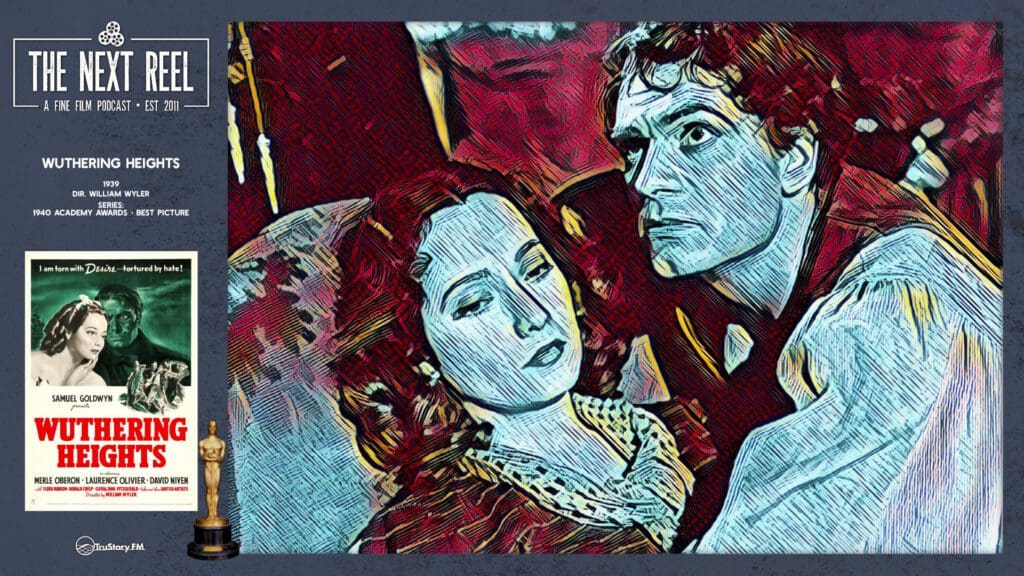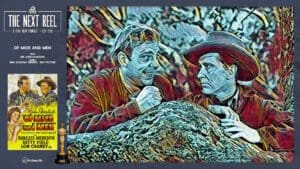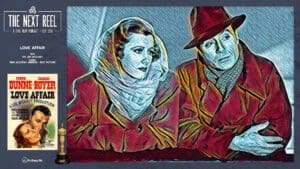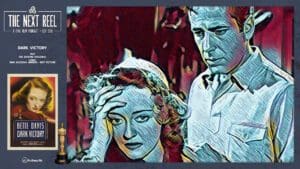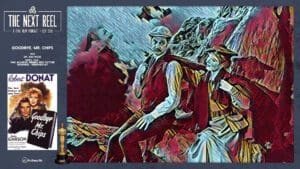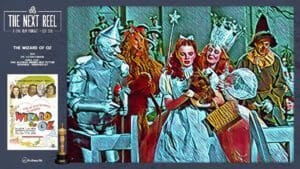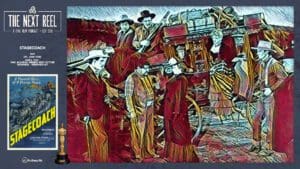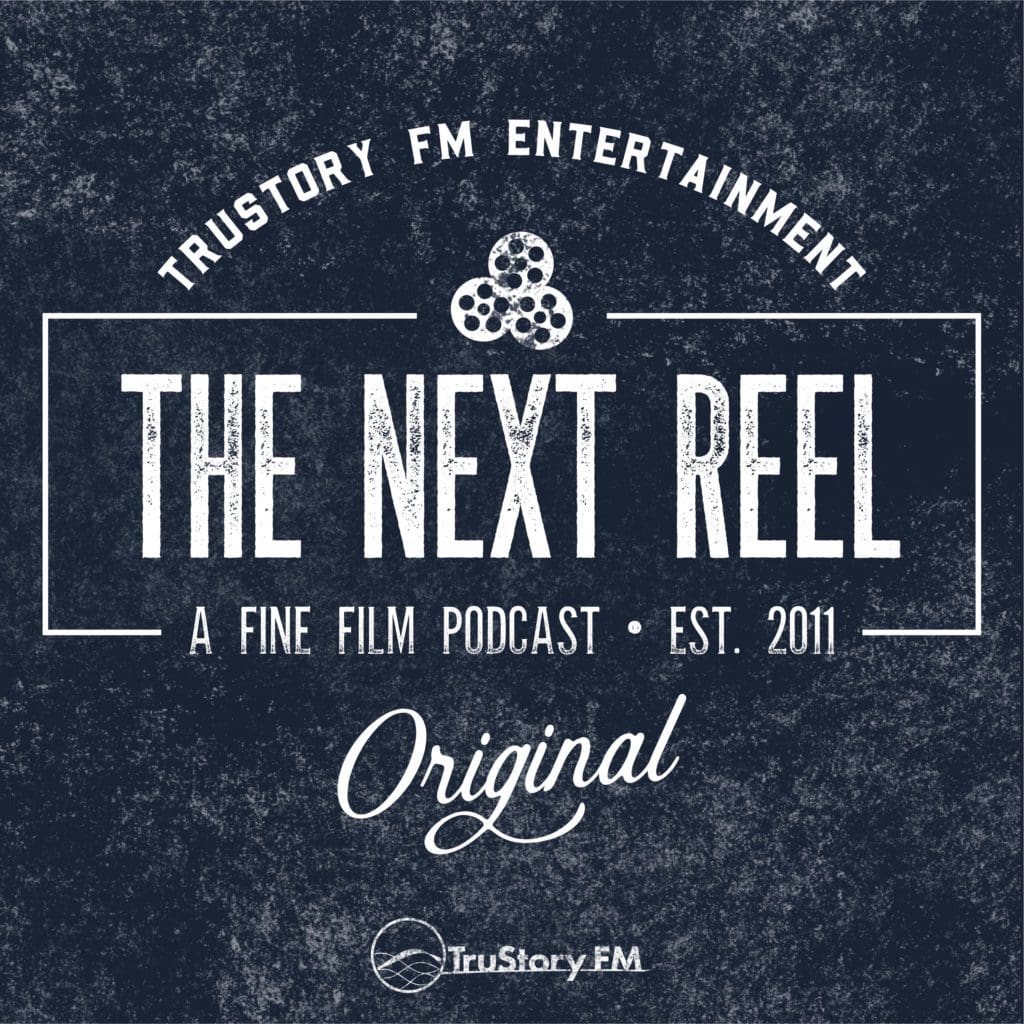My, My, My… Those Heights, They Are A-Wuthering…
Adapting Emily Brontë’s novel for the big screen isn’t an easy task, but it’s one that many people have taken on as “Wuthering Heights” has been adapted for the big or small screen over 30 times. And that doesn’t even take into account the operas, plays, musicals, radio adaptations, and more. As popular as the novel is, it’s a challenging one, and that’s certainly on display with William Wyler’s 1939 adaptation. It used less than half the chapters and hence modified many elements for the ending. Still, it works. In fact, we might even feel it works better than the novel. Join us – Pete Wright and Andy Nelson – as we wrap up our 1940 Academy Award Best Picture Nominee series with a conversation about Wyler’s 1939 film Wuthering Heights.
Here’s a hint at what we talk about.
There’s a lot left out, but the book is a challenging read and we feel that this adaptation captures the essence of the tragic romance, leaving out a lot of the more complex elements that work well on the page but not so much on the big screen. It’s still not our favorite, but with director Wyler helming it, we find plenty to connect to.
The performers are all delivering big but portrayals that work well with this big romance. Laurence Olivier and Merle Oberon may not have gotten along on set but they work well as Heathcliff and Cathy. We also love David Niven and Geraldine Fitzgerald. In the scope of adaptation, the film leaves in some of the framing device that’s quite important for the novel. Here, we’re not so sure it’s needed. In fact, it largely feels like an unnecessary appendage.
The cinematography by Gregg Toland paired with Wyler’s effective direction bring life to the film. The black-and-white cinematography is full of darks and lights. It certainly deserved its Oscar win. And Alfred Newman’s beautiful score brings the tragic romance elements to the story right to the forefront. These elements all buoy the film for us, which otherwise may not be our cup of tea as much as some of the other Best Picture nominees. Speaking of, we do walk through the 10 nominees and debate which we’d pick to win. We have a great time talking about it, so check it out then tune in. The Next Reel – when the movie ends, our conversation begins!
Join the conversation with movie lovers from around the world on The Next Reel’s Discord channel!
Film Sundries
Learn more about supporting The Next Reel Film Podcast through your own membership.
- Watch this on Apple or Amazon, or find other places at JustWatch
- Transcript
- Theatrical trailer
- Poster artwork
- Flickchart
- Letterboxd







